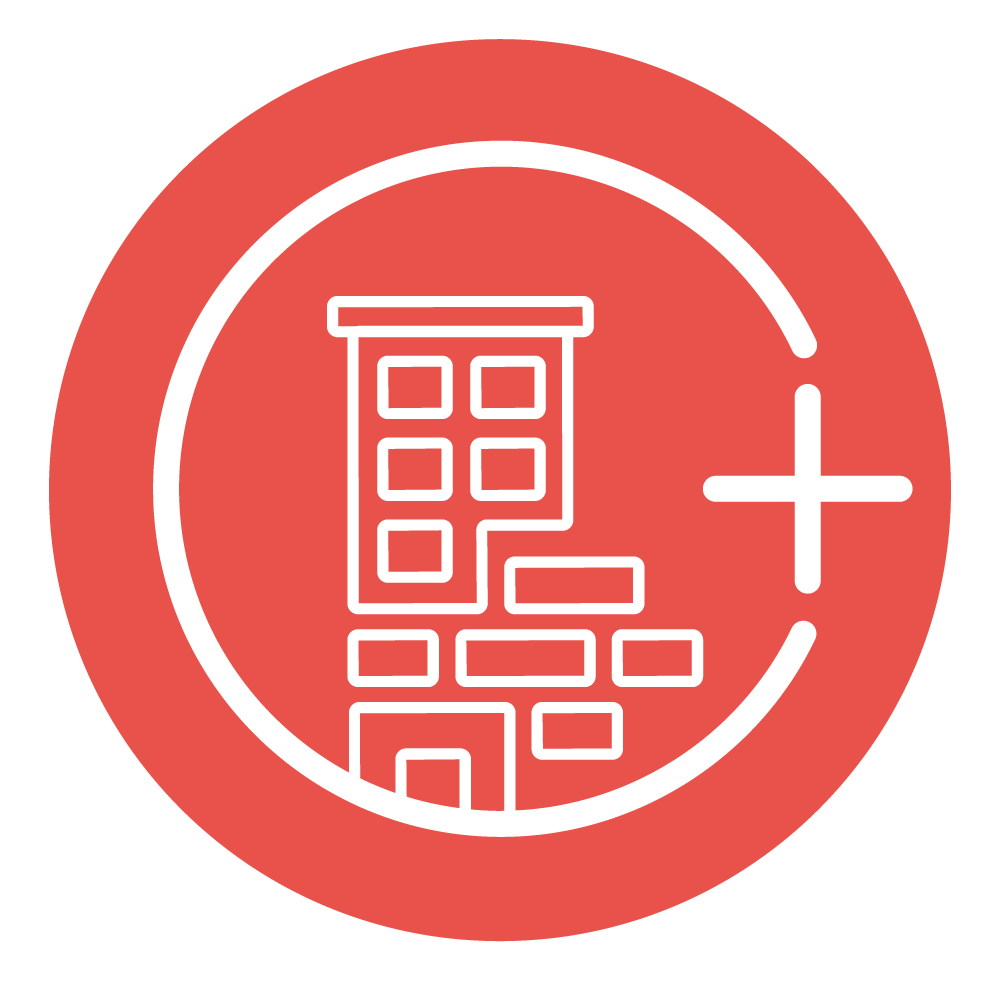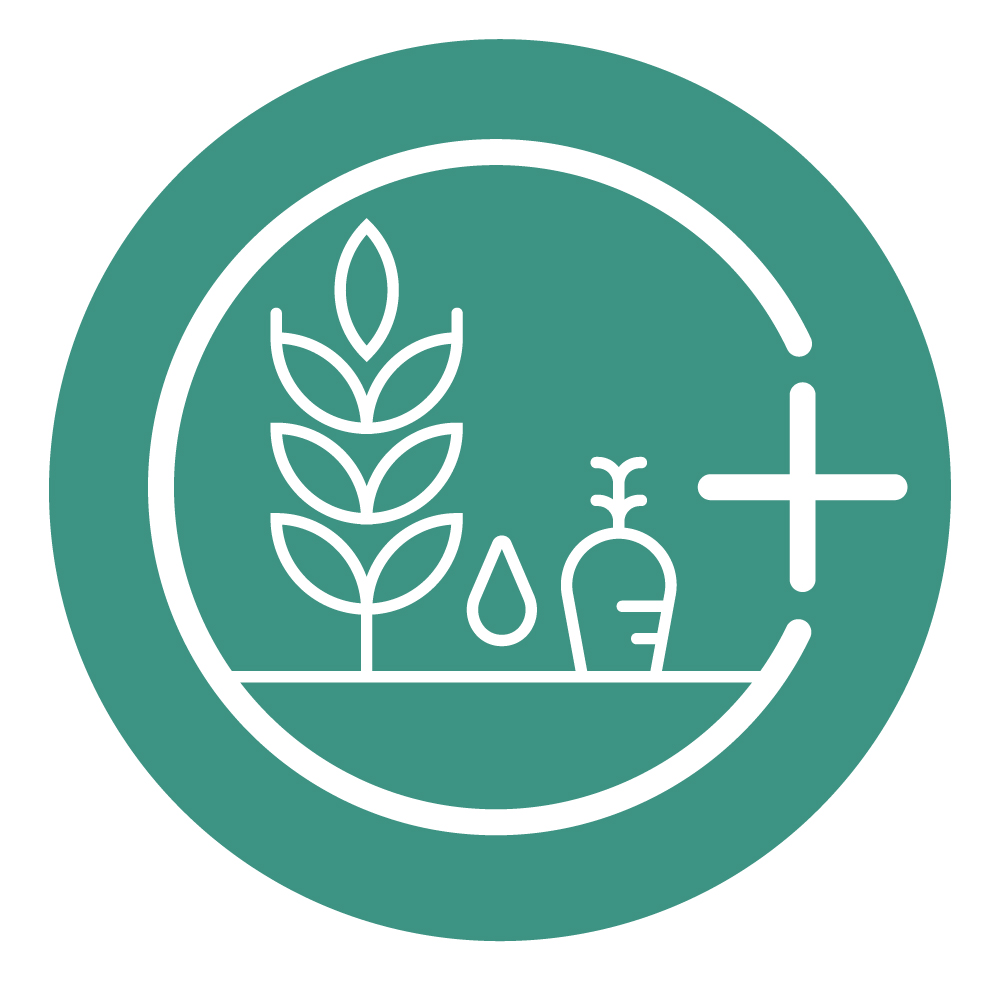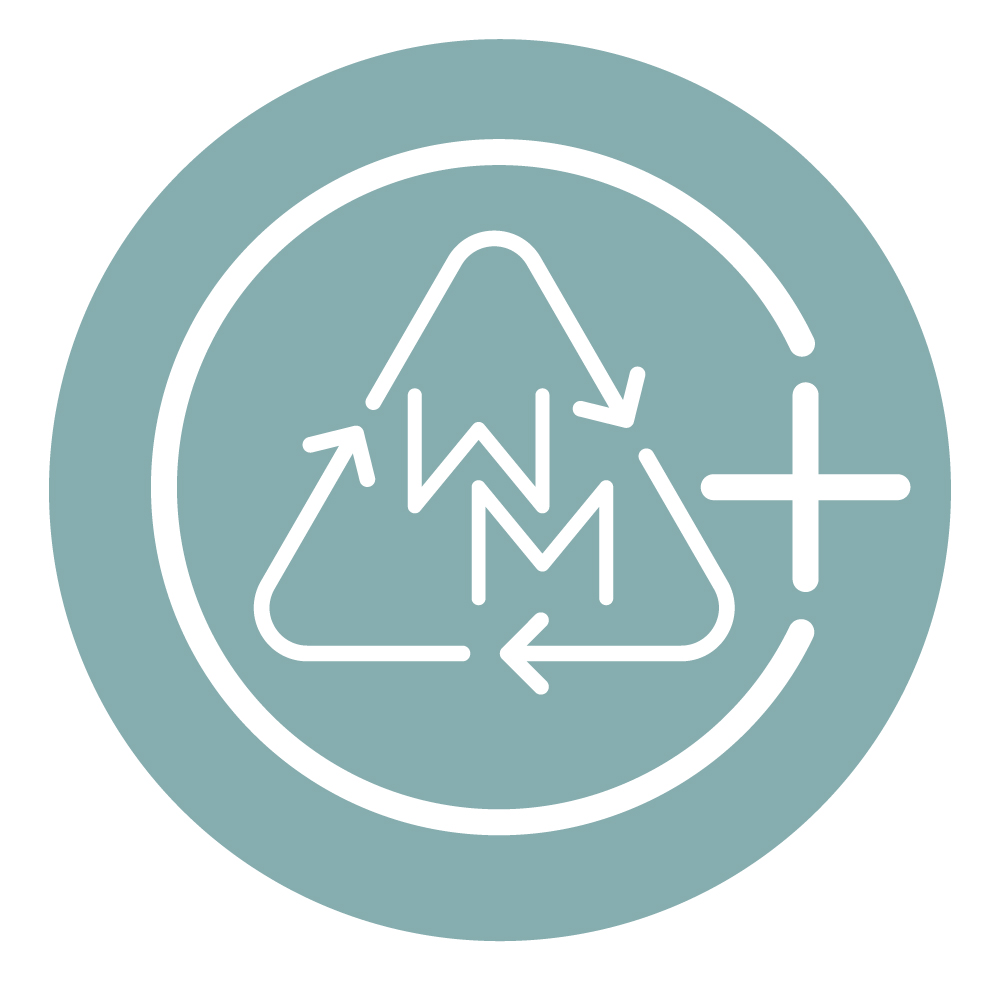ACR+ brings its expertise to local and regional authorities in five main areas:

Built Environment
 The built environment consumes almost half of the world’s materials every year and is responsible for 30% of Europe’s total waste (EEA). Strategies and plans to speed up the needed transition of this sector – for instance the Renovation Wave for Europe – position even more local and regional authorities as a key stakeholder. Their crucial role in the construction life cycle spans not only stimulating innovation and facilitating cooperation between local actors but also diverse missions such as urban planning, construction and demolition permits, waste management and planning. Navigate through a sustainable built environment from the point of view of public authorities, understand what it means, determine how to encourage it, and ultimately take practical steps to build strategies.
The built environment consumes almost half of the world’s materials every year and is responsible for 30% of Europe’s total waste (EEA). Strategies and plans to speed up the needed transition of this sector – for instance the Renovation Wave for Europe – position even more local and regional authorities as a key stakeholder. Their crucial role in the construction life cycle spans not only stimulating innovation and facilitating cooperation between local actors but also diverse missions such as urban planning, construction and demolition permits, waste management and planning. Navigate through a sustainable built environment from the point of view of public authorities, understand what it means, determine how to encourage it, and ultimately take practical steps to build strategies.
Sustainable Food Systems
 Several European legislations and strategies, like the Waste Framework Directive and the Farm to Fork strategy, address food, food losses and food waste in an attempt to make food systems fairer, healthier, and carbon-neutral. Food production, consumption, and waste are strongly connected with environmental challenges like soil, air and water quality, biodiversity loss, resources scarcity and climate change. How can you, as a public authority, protect biodiversity, comply with EU targets on food waste reduction and sorting obligation, reduce the use of fertilizer, or convert agricultural land to organic farming with the aim of supporting sustainable food systems in your territory? How do you promote circularity through organic waste management and nutrients recovery? And how do you tackle the negative climate impact of food waste generation in the urban sphere?
Several European legislations and strategies, like the Waste Framework Directive and the Farm to Fork strategy, address food, food losses and food waste in an attempt to make food systems fairer, healthier, and carbon-neutral. Food production, consumption, and waste are strongly connected with environmental challenges like soil, air and water quality, biodiversity loss, resources scarcity and climate change. How can you, as a public authority, protect biodiversity, comply with EU targets on food waste reduction and sorting obligation, reduce the use of fertilizer, or convert agricultural land to organic farming with the aim of supporting sustainable food systems in your territory? How do you promote circularity through organic waste management and nutrients recovery? And how do you tackle the negative climate impact of food waste generation in the urban sphere?
Circular Lifestyles
 Connect the dots of circularity on your territory by making citizens and consumers care and be involved to boost a local sustainable consumption. From tourism to sports events or the organisation of trainings, support stakeholders and instigate new models based on maximising the potential of resources and designing out of waste. Define your role as a game changer to speed up the transition while maintaining a holistic approach balancing economic competitiveness, environmental sustainability, and social inclusion.
Connect the dots of circularity on your territory by making citizens and consumers care and be involved to boost a local sustainable consumption. From tourism to sports events or the organisation of trainings, support stakeholders and instigate new models based on maximising the potential of resources and designing out of waste. Define your role as a game changer to speed up the transition while maintaining a holistic approach balancing economic competitiveness, environmental sustainability, and social inclusion.
Policy and Governance
 As a bridging actor, public authorities directly influence elements of the socio-ecological system. They have powerful tools in their hands for that, such as legal and economic instruments or tools to support policy making, that enable them to encourage more sustainable behaviours from private and public sectors as well as from citizens/consumers and producers. Although the local situation is always the first to be considered, you should be aware of the global framework, to know what is being done at national and European levels, determine the regulatory instruments most suited to fulfil your obligations and reach effective results.
As a bridging actor, public authorities directly influence elements of the socio-ecological system. They have powerful tools in their hands for that, such as legal and economic instruments or tools to support policy making, that enable them to encourage more sustainable behaviours from private and public sectors as well as from citizens/consumers and producers. Although the local situation is always the first to be considered, you should be aware of the global framework, to know what is being done at national and European levels, determine the regulatory instruments most suited to fulfil your obligations and reach effective results.
Waste and Material Flows
 Integrating the waste hierarchy in a waste management strategy is a minimum and first step. How to move on then? How to measure waste prevention (potential targets, quantitative results, indicators, impact) and improve waste data on selective collection and recycling? For different waste and material flows, the European (and national) law and political decisions set obligations and guidance in order to achieve a high level of performance. Do you know how to translate them at the regional or local level? Find a concrete and effective implementation on your territory thanks to a relevant monitoring of your performances and sharing experiences and best practices with peers.
Integrating the waste hierarchy in a waste management strategy is a minimum and first step. How to move on then? How to measure waste prevention (potential targets, quantitative results, indicators, impact) and improve waste data on selective collection and recycling? For different waste and material flows, the European (and national) law and political decisions set obligations and guidance in order to achieve a high level of performance. Do you know how to translate them at the regional or local level? Find a concrete and effective implementation on your territory thanks to a relevant monitoring of your performances and sharing experiences and best practices with peers.



